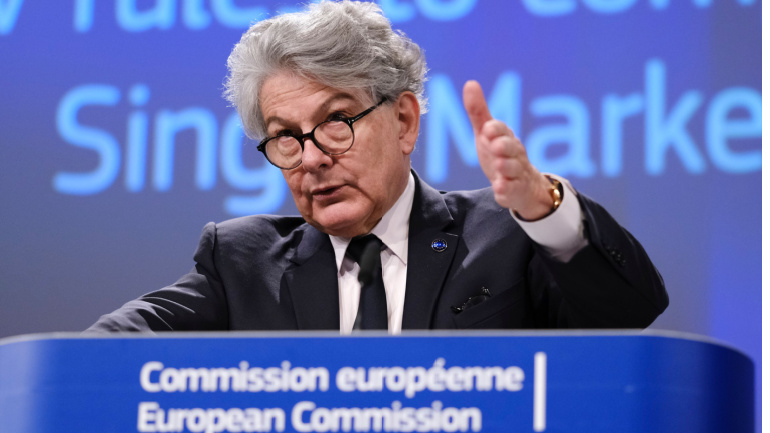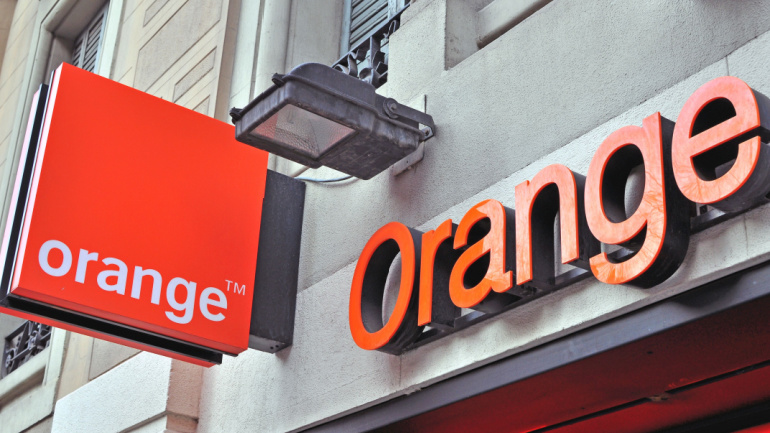In response to the rapid growth of the metaverse and generative AI sectors, the European Commission (EC) is conducting a comprehensive evaluation of the competitive landscape. Margrethe Vestager, the Executive Vice President of competition policy, has issued Requests for Information (RFI) for both markets, urging stakeholders to share insights on competition levels and propose ideas on how antitrust regulations can sustain competitiveness.
In a long-anticipated move, telecommunications giants Digi, Orange, and MasMovil have finalized agreements as part of their ongoing merger negotiations. The trio is seeking the European Commission’s approval to resume the halted approval process, which stalled in July.
In a strategic move to fortify the European Union’s standing in the global cloud computing sector, the European Commission has greenlit a substantial €1.2 billion state funding injection. The funding is earmarked for the Important Projects of Common European Interest (IPCEI) Next Generation Cloud Infrastructure and Services (IPCEI CIS), a collaborative initiative involving seven member countries: France, Germany, Hungary, Italy, the Netherlands, Poland, and Spain.
The future of high-quality broadband access hinges on fiber investment, with interest spanning government, media, and network operators. Its value is in optimization, sustainability, and compatibility with the future. This technology could reshape industries, from education to smart city initiatives. The European Commission’s ambitious Digital Deco 2030, aiming to extend gigabit services to its entire populace by 2030, reflects global recognition of broadband’s potential in economic growth. Nevertheless, the disparity in gigabit-digital access remains a concern, prompting a focus on all-optical fiber networks. This reality becomes evident with Omdia’s Fiber Development Index (FDI), offering a diverse range of fiber investment metrics.
Thierry Breton, Internal Market commissioner of the European Commission, is advocating for a unified European telecoms market, anticipating advancements in growth, innovation, and swift adaptability to emerging technologies. Arguing against the current market fragmentation, he believes regulatory easing on issues like spectrum acquisition could invite investors to support future networks. Simultaneously, telecom operators suggest cross-border consolidation as a potential path when local financial conditions improve.
The European Commission is urging member states to conduct shared risk assessments in key tech realms including advanced semiconductors, AI, quantum tech, and biotech. Amidst the cloud of geopolitical tech skirmishes, EU stands poised to protect sensitive technologies and is resolved not to preemptively decide on any corrective measures. Only time will reveal the Commission’s next steps after risk assessments.
Top tech giants, including Amazon, Apple, and Microsoft, have recently been identified by the European Commission under the new Digital Markets Act (DMA) as potential digital ‘gatekeepers’. These firms, commanding vast economic and influential prowess, now sit waiting during a 45 day review period that could officially brand them as such. Following the conclusion of the evaluation process, each company will need to navigate a six-month transition to achieve full compliance with the DMA directives. These guidelines are aimed at fostering competition and safeguarding both end-user rights and the interests of small scale businesses.
European Commission’s concerns over the Orange-MasMovil merger in Spain may hinder the deal, potentially affecting competition within the country’s telecommunications market. Remedies, such as wholesale access to virtual players, could be proposed to address objections and prevent price increases for consumers.
Vodafone explores potential sale of its Spanish operations as the European Commission investigates Orange Spain and MasMovil merger, impacting competition in the telecom sector. The outcome could influence Vodafone’s decision, with potential investors such as Apollo Global Management and Apax Partners being considered.
The European Commission allocates $9.2 billion for R&D initiatives in telecoms and semiconductor sectors, targeting innovative microelectronics, 5G and 6G technologies. To support digital sovereignty goals, private investment of $15.5 billion and 56 companies are involved.












